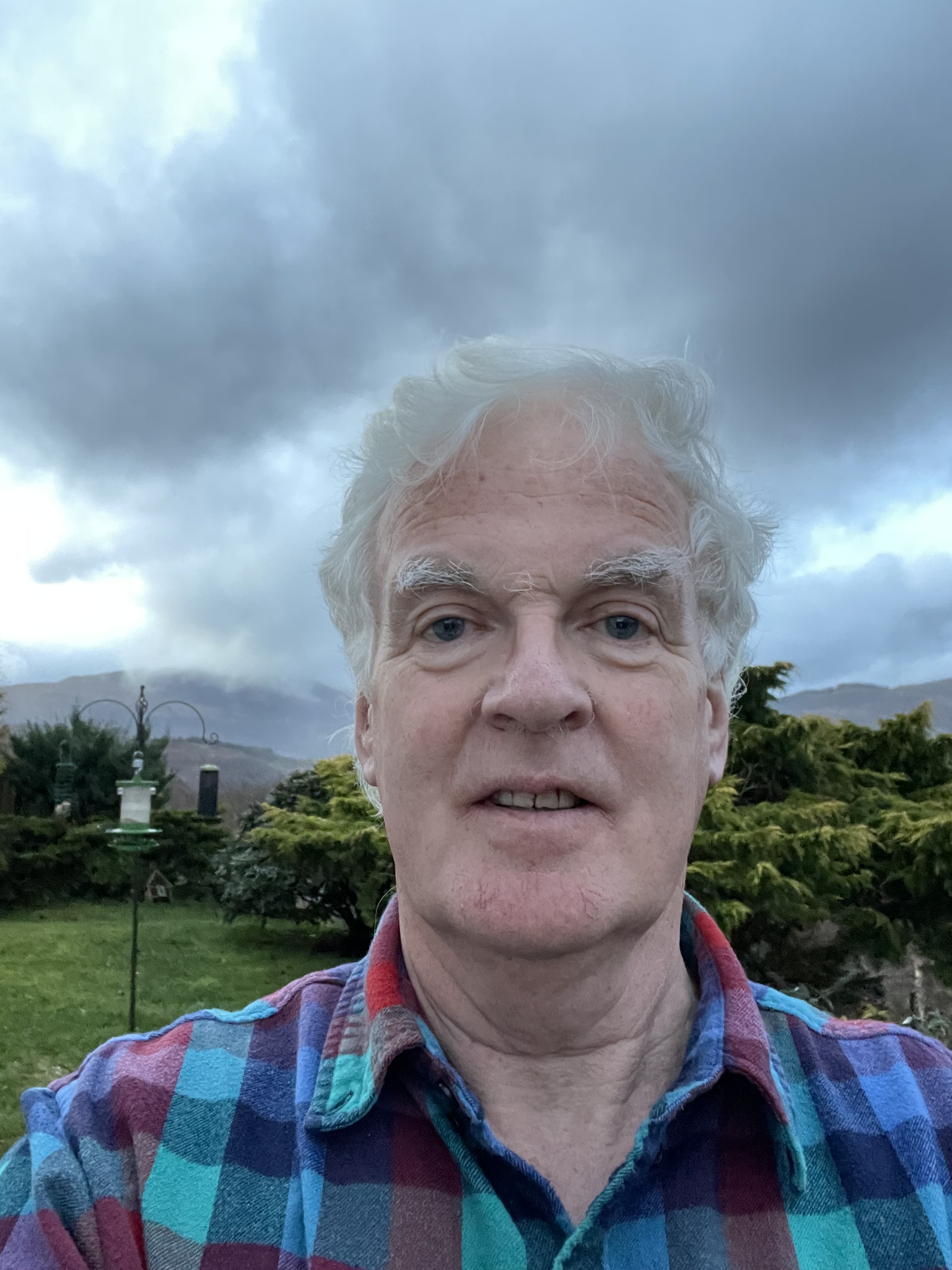
 |
What Does Null Hypothesis Testing Actually Achieve?Free webinar |
English
60 minutes

Remarkably, a sample can both (i) give us a guide to the population and (ii) tell us how much uncertainty that guide involves. The uncertainty is difficult to interpret. In null hypothesis testing (NHST) the uncertainty means that we cannot be sure that a significant result is not a false discovery or that a non-significant result isn’t a miss.
We will examine how NHST works with two questions:
1. How should research be designed to have the best chance of a significant result? The researcher wants as many significant results as possible.
2. How confident should readers be when looking at a literature of significant results? The reader wants as few false discoveries as possible.
In this webinar, we will see how answers to these two questions are problematical in NHST.
Dr. Watt will use simulations of the research process throughout to illustrate practically why this is important and perhaps not what you expect.

Dr. Roger Watt did his BA at Cambridge (UK) where he became fascinated by the idea that maths could be used to explore human behavior and experience. He did his PhD at Keele (UK) in a department of engineers studying the senses of vision and hearing. He was appointed to a chair of Psychology at Stirling University in 1988, a post he held for 32 years until retirement. In 1995 he was elected Fellow of the Royal Society of Edinburgh. His research into human vision resulted in ~100 papers and 2 monographs. For many years, he taught statistics to (typically unwilling) Psychology students, continually refining how statistics was conceptualized presented. This resulted in a textbook written in collaboration with a former student: Watt R.J. and Collins E.D. (2023). Statistics for Psychology: A Guide for Beginners. 2nd Edition. Sage, London.